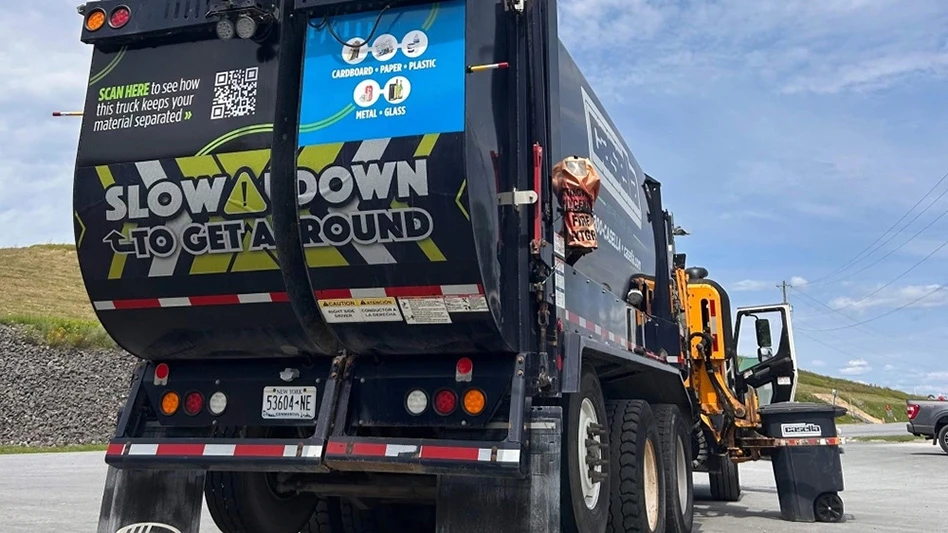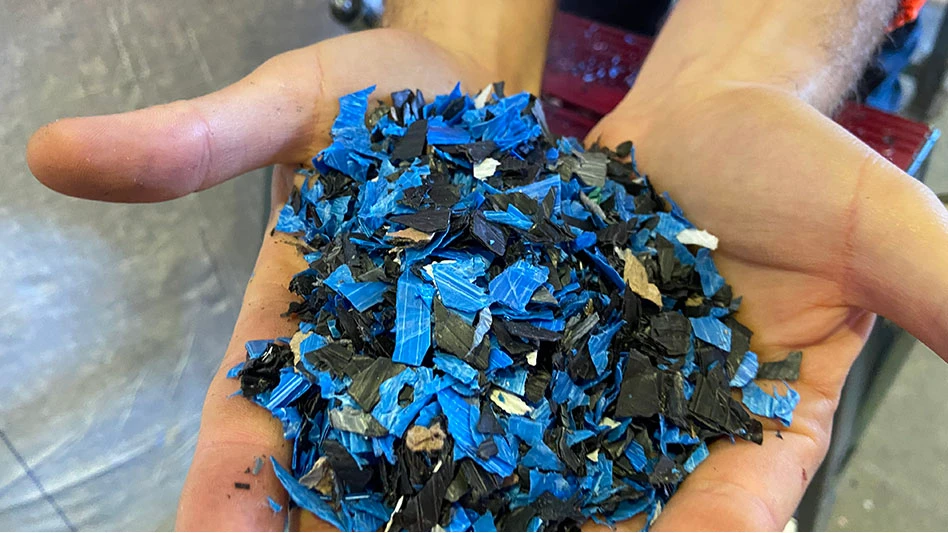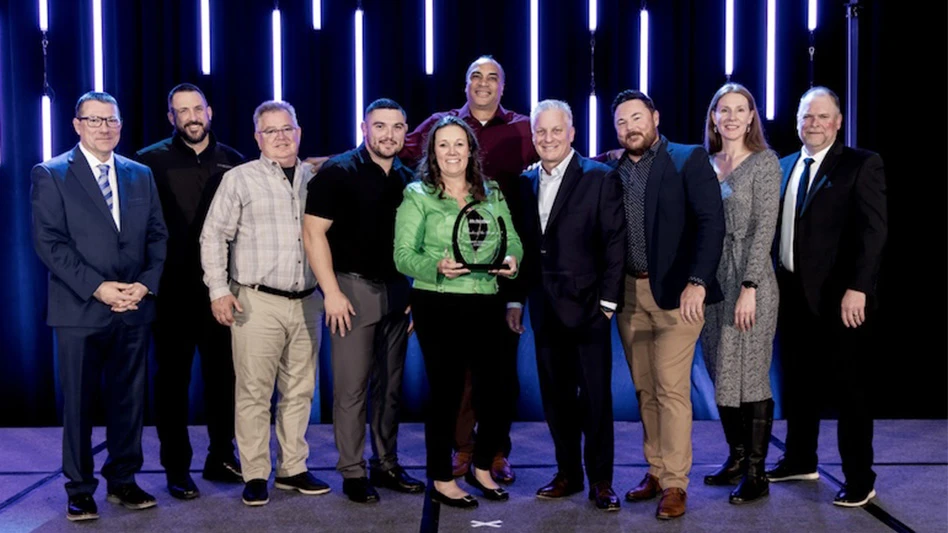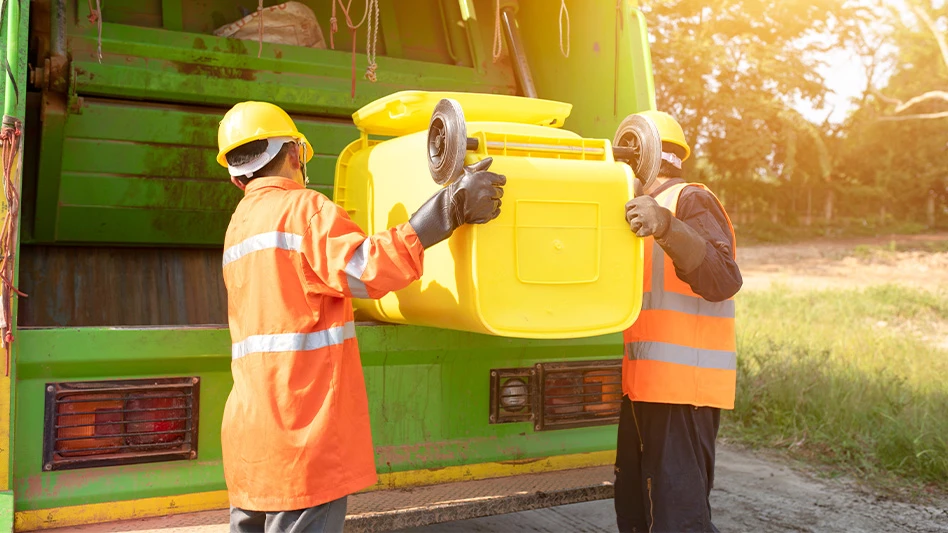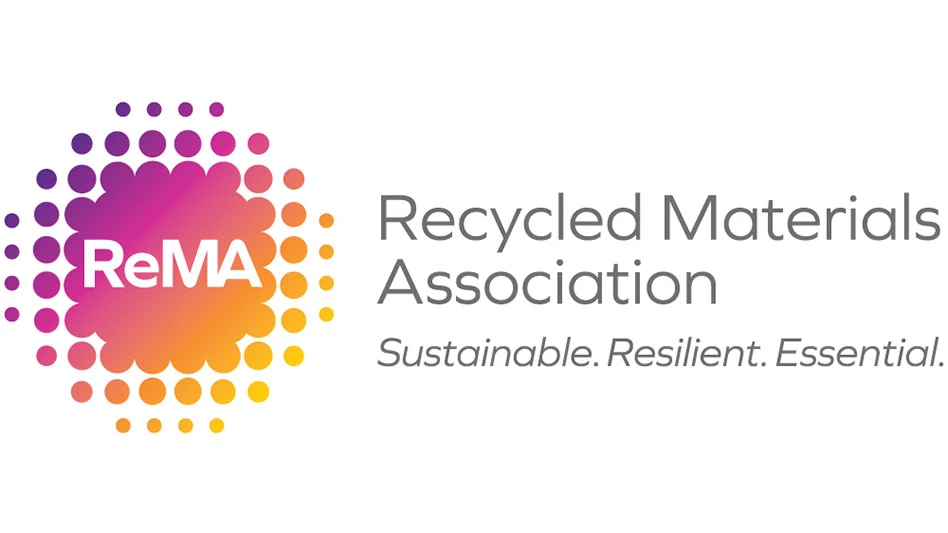
nick | stock.adobe.com
Colorado Gov. Jared Polis has signed the Battery Stewardship Act, or Senate Bill 25-163, into law. The legislation will establish an extended producer responsibility (EPR) framework for the responsible collection, transportation, processing and recycling of batteries throughout the state.
Under the law, battery producers must join a battery stewardship organization that will finance and operate a statewide collection system by 2027. The law requires these programs to submit detailed plans to the Colorado Department of Public Health and Environment (CDPHE) outlining how they’ll ensure accessible drop-off options across the state—particularly in communities deemed underserved.
Additionally, by 2029, retailers no longer will be allowed to sell batteries or battery-powered products from producers that aren’t part of an approved stewardship program. In 2030, disposal of covered batteries in landfills will be officially banned.
Colorado joins Washington D.C., Vermont, California, Illinois and Washington state in enacting statewide battery stewardship legislation. Colorado’s phased implementation timeline includes:
- Battery stewardship organizations must submit plans to the state by July 2027.
- Battery producers must participate in a stewardship organization by August 2027.
- Retailers are prohibited from selling batteries from nonparticipating producers by July 2029.
- Disposal of covered batteries in landfills is banned by January 2030.
As highlighted by the Boston-based Product Stewardship Institute (PSI), one of the bill’s supporters, other key features of S.B. 25-163 include collection and recycling targets that build accountability into the system; consumer education to reduce improper disposal; and performance reporting to ensure transparency and progress.
PSI adds that by shifting collection and disposal responsibilities from taxpayers to battery producers, the bill will help prevent fires and environmental damage, keep critical materials such as lithium, cobalt and nickel in the supply chain, make recycling easier and more accessible and reduce burdens on local governments.
PSI says it shared policy models and best practices from other states and countries to support the development of S.B. 25-163. As the state moves toward implementation, PSI says it will continue to provide guidance and technical support to help local and state leaders build a safer, more circular battery economy.
“The passage of the Battery Stewardship Act represents years of collaborative work to address one of the fastest-growing waste streams in Colorado," says Shelly Fuller, manager of Boulder County’s Hazardous Materials Management Facility (HMMF) and a PSI member. "Our facility has seen firsthand the dangers posed by improperly disposed batteries, from fires at materials recovery facilities to environmental contamination. This legislation creates a systematic approach to battery collection that will not only protect our waste management infrastructure but also recover valuable materials that would otherwise be lost to landfills."
Liz Chapman, executive director of Recycle Colorado and a partner of PSI, like Fuller, played a key role in building support for the legislation. She calls the bill a win for consumers, businesses and the environment.
“By establishing a producer-funded collection system, we’re removing the financial burden from local governments while making battery recycling more accessible to all Coloradans,” she says. “The Battery Stewardship Act demonstrates how extended producer responsibility can create practical, sustainable solutions that benefit everyone involved in the product life cycle.”
According to Boulder, Colorado-based Eco-Cycle, also an advocate for the bill, battery-related fires have increased by 41 percent in the state in the last five years. The organization also notes that batteries cause an average of 19 fires per year at recycling facilities, creating an urgent need for action.
“The Battery Stewardship Act is a crucial step toward creating systems that keep valuable resources in circulation while protecting our communities from hazards," says Rachel Setzke of Eco-Cycle. "At Eco-Cycle, we've long advocated for producer responsibility as a cornerstone of sustainable materials management. This bill ensures that the companies profiting from battery sales will now help build and fund the infrastructure needed for their safe end-of-life management. It's exactly the kind of forward-thinking policy Colorado needs as we work toward zero waste.”
The National Waste and Recycling Association (NWRA) Rocky Mountain Chapter co-led the bill with Recycle Colorado and helped get it moved through the state legislature.
“The waste and recycling industry has experienced firsthand the impacts of battery fires in our facilities and collection vehicles,” says Waste Connections of Colorado’s Barrett Jensen, also the NWRA Rocky Mountain Chapter’s chairperson. “This legislation addresses a critical safety issue for our workers while creating a sustainable funding mechanism for proper battery management. By bringing producers to the table to develop solutions for this difficult to manage waste stream, we're building a system that works for everyone – consumers have convenient recycling options, local governments save money, and our facilities face fewer hazards. The collaborative approach taken to develop this bill shows that when all stakeholders work together, we can create practical solutions to complex waste management challenges.”
More broadly, the NWRA applauded the bill's signing. The national organization calls the legislation a "significant win" for the safety of waste workers and the responsible recycling of valuable battery materials.
"This legislation is a clear example of how the public and private sectors can come together to solve pressing environmental and safety challenges," NWRA President and CEO Michael E. Hoffman says. "We are proud to have supported our members and partners in getting this law across the finish line and setting a national precedent for responsible battery disposal."
Seeking a different approach
Battery recycler Redwood Materials, Carson City, Nevada, has concerns about the law's implementation.
Daniel Zotos, the company's director of state policy and public affairs, says that while the bill is well intentioned, it rests on a "deeply flawed framework that would sideline America's existing battery recycling industry, gate-keep access to strategically important critical minerals and slow Colorado's response to battery safety and collection and clean energy momentum."
Zotos points to a missed opportunity to leverage American recyclers, saying that by limiting collection to nonprofit stewardship organizations and barring qualified recyclers from running their own free, direct collection programs, the bill dismantles and blocks infrastructure that already diverts batteries from landfills and material recovery facilities (MRFs).
"Proven private sector pathways would be forced to shut down, just when we should be expanding them and working collaboratively on this issue," he adds.
Additionally, Zotos says "material forfeiture" harms circularity and limits collection, noting that the legislation requires recyclers and their partners to surrender collected batteries to the stewardship organization. "That removes the economic incentive that drives collection and undermines efforts to build a resilient domestic supply chain for EVs [electric vehicles], grid storage and other clean technologies built from recycled feedstock at a time of increasing energy and critical mineral demand."
Zotos describes the track record of similar EPR programs as "weak," saying that states modeled on a similar approach now are years into rollout with little to show.
"Washington state is still seeking fixes to its recent law; Illinois hasn't begun implementation; and Ontario just levied multimillion-dollar fines on producers for missing targets," he says. "Repeating these missteps will not raise Colorado's collection rates or improve safety with the urgency it demands."
With legitimate concerns around battery fires and a small percentage of lithium-ion batteries recovered nationwide, Zotos suggests that Colorado should broaden, not restrict, who can collect and recycle, allow independent collection pathways and require stewardship groups only collecting materials to work with advanced recyclers.
"American battery recyclers like Redwood Materials stand ready to partner with the state, municipalities and waste management companies to build an inclusive, effective program that delivers on safety, sustainability and U.S. supply chain security without dismantling the progress Colorado's private sector has already made," he says.
*This story was updated June 6 to reflect Gov. Jared Polis signing the bill into law, as well as to include additional comments from the NWRA.
Latest from Recycling Today
- Vermeer announces plan to build new facility in Des Moines metro area
- PureCycle, Toppan partner on packaging containing PCR
- LKQ to focus on simplification, productivity in uncertain demand environment
- Supreme Court strikes down IEEPA tariffs
- Redwood expands San Francisco R&D footprint
- Constellium posts record Q4 adjusted EBITDA
- QCC torches include customizable features
- Umicore finishes 2025 with increased earnings

